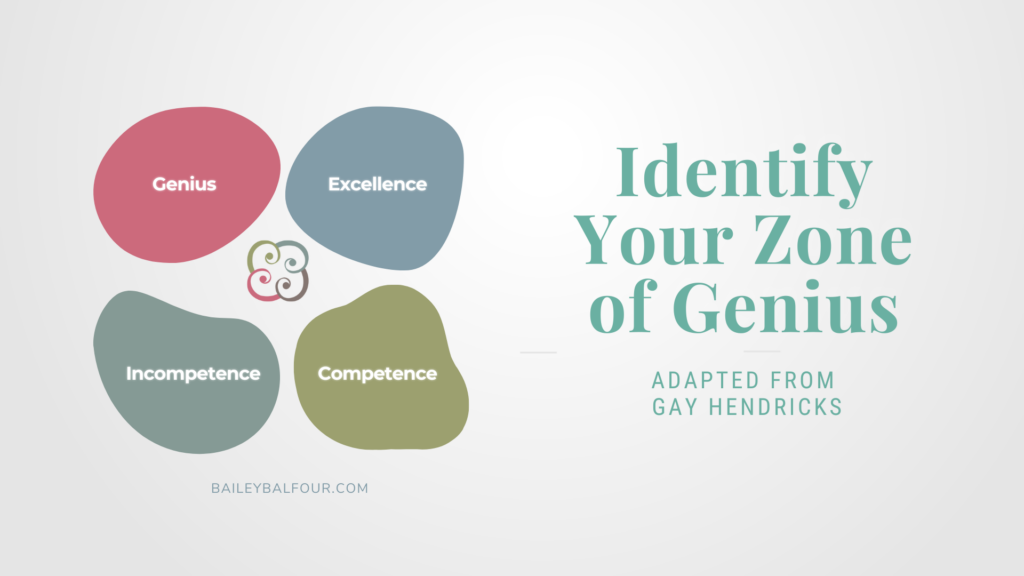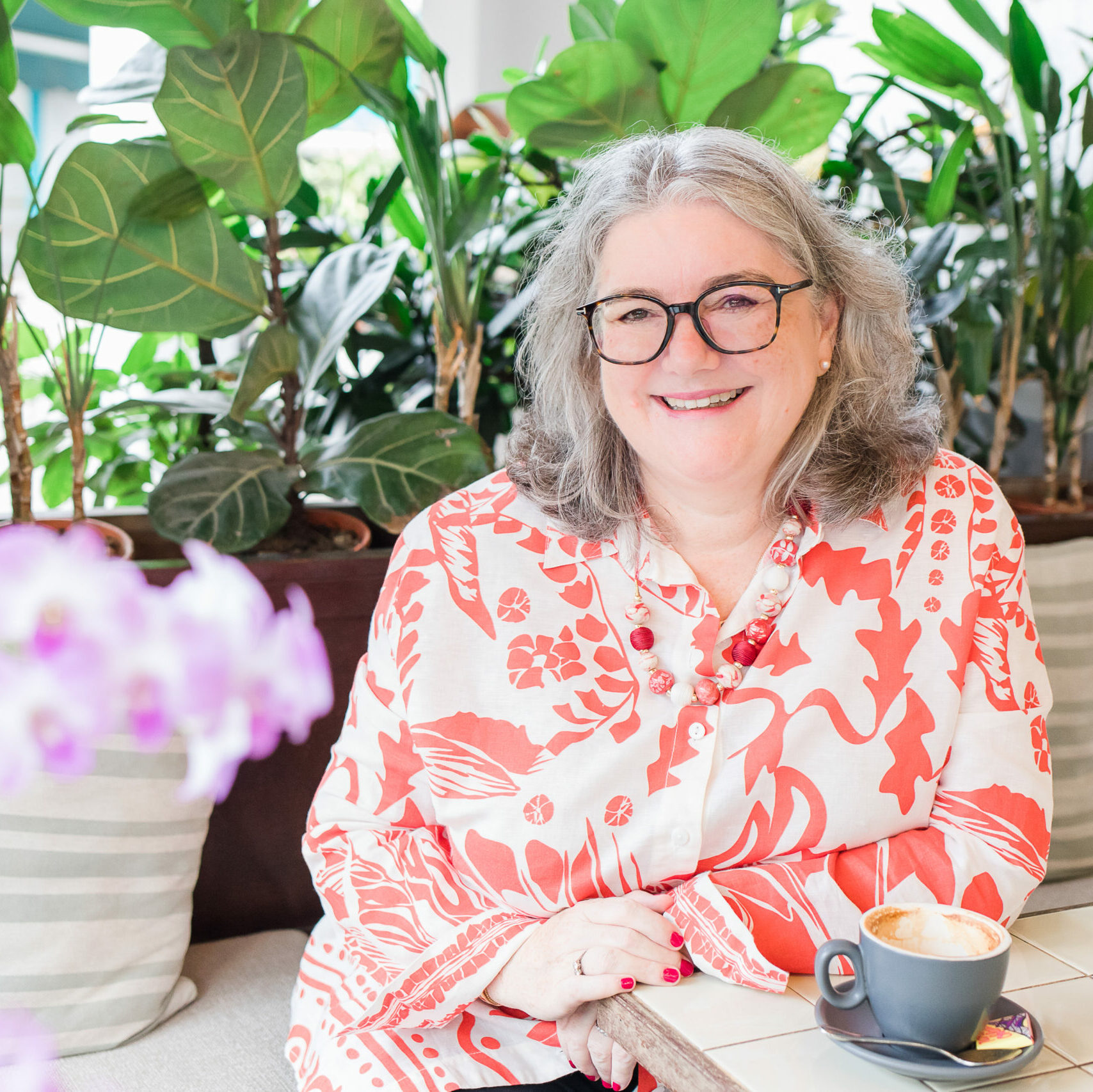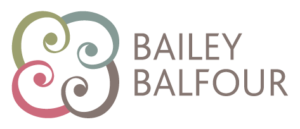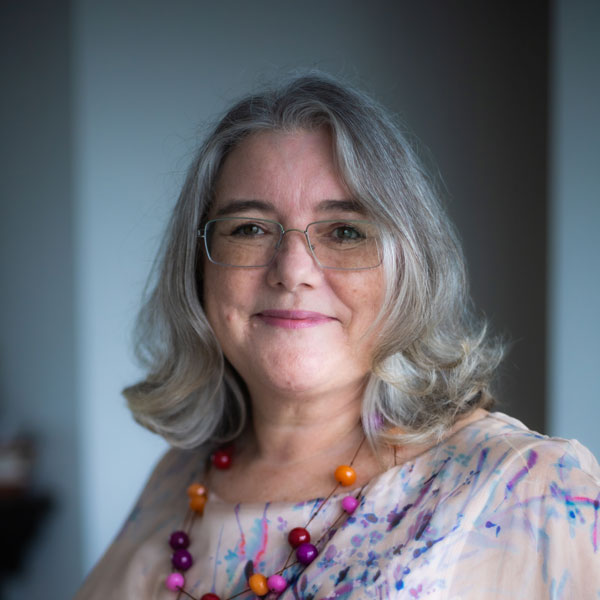
Identify Your Zone of Genius
This blog is based on insights from Gay Hendricks’ “The Big Leap” and shared by Master Certified Coach Jean Balfour in her masterclass Unlock Your Genius Discover Your Next BEST Career.
Do you ever find yourself settling for the bare minimum? Maybe you are great at your job but don’t push yourself to reach for more. You’re content with where you are and don’t want to disrupt the momentum. This is known as what we call the Upper Limit Problem.
What is the Upper Limit Problem?
The Upper Limit Problem, was created by Gay Hendricks and adapted from his book The Big Leap. This refers to the self-imposed limitations that individuals place on their own success, happiness, and personal growth.
It suggests that people create thresholds beyond which they feel uncomfortable or unworthy of experiencing too much joy or fulfillment. This can come out in various ways, such as sabotaging opportunities, creating conflict in relationships, or feeling guilty when things are going well.
Essentially, the Upper Limit Problem is about recognising and overcoming the internal barriers that prevent us from reaching our full potential and experiencing greater levels of happiness and success in life.
Why do we need to recognise the Upper Limit Problem?
Just like kids who naturally glow with joy, we have the ability to radiate brilliance. But as we grow up, we create fears and doubts that build walls around our potential. These walls affect different parts of our lives, like stopping us from following our passions or causing problems in relationships or careers. Think about something you’ve always wanted to venture into but never did it because of fear.
And so, recognising the Upper Limit Problem is key to breaking free from these limitations. To recognise these fears.
It could be as subtle as the language we use, like saying “I love to, but…” or “I can’t.” These phrases may seem innocuous, but they reveal deep-seated beliefs about our capabilities.
When we understand the patterns of self-sabotage and the fears behind them, we get insight into what’s holding us back. This helps us challenge the beliefs that keep us stuck and see discomfort as a way to grow.
Whether it’s hesitating to pursue something we love, sabotaging a new relationship, or holding back in our careers because we’re scared of failing, the Upper Limit Problem affects us all. But by becoming more aware of ourselves and embracing vulnerability, we can start to overcome these limits and reach our true potential.
How do we overcome the upper limit problem?

Gay Hendricks introduces a framework called the Genius Zone. Imagine a spectrum of competency, ranging from incompetence to excellence. Identifying your Zone of Genius involves deep introspection and self-awareness. It’s about understanding what activities and tasks light you up from within, where you feel most alive and aligned with your true essence.
When we identify what’s within each zone, we will be able to find our true passion.
In this spectrum, there are four distinct zones:
- Incompetence: This is where tasks where we struggle and often make mistakes. Think of tasks that just don’t come naturally.
- Competence: In the competence zone, Where we’re capable but perhaps not passionate. It’s easy to linger here, especially if we fear delegating tasks to others. We can do them well, but they don’t fulfill us on a deeper level.
- Excellence: Moving up the spectrum, excellence is where we excel and earn recognition. While comfortable, it can become a trap if it holds us back from exploring our true potential.
- Genius: The Zone of Genius is where our unique talents, passions, and purpose converge. Where we shine brightest. It’s where our unique skills and experiences converge to make a meaningful impact. In this zone, we experience a state of flow, and our work feels effortless and deeply fulfilling. It’s where we make our most significant contributions to the world.
Discovering your Zone of Genius requires asking yourself some important questions
- What activities or tasks do I find effortless and deeply fulfilling?
- When do I lose track of time because I’m so engrossed in what I’m doing?
- What unique talents and strengths do I possess that set me apart from others?
- How can I leverage these talents to make a meaningful impact in the world?
You can download our reflective guide to prompt yourself with questions in each Zone. Once you’ve pinpointed your Zone of Genius, the next step is to structure your life and work to ensure you reach it! This could mean making bold decisions, embracing calculated risks, and venturing beyond your comfort zone.
In the process of finding your genius, you will find yourself sabotaging yourself more. It’ll be beneficial to keep track of the fears and things that are stopping you from achieving your goals. Coaching yourself through the process can help shed light on some of the moments you find yourself holding back. You can use this beginner coaching technique here. Or you can find a coach to help you out through the process!
To sum up…
Gay Hendricks’ concept of the Zone of Genius offers a powerful framework for unlocking your fullest potential and living a life of purpose and meaning. By identifying and embracing your unique gifts and passions, you can step into your Zone of Genius and make your most significant contributions to the world. To read more about the upper limit problem and our different zones, you can purchase Gay Hendricks’ book here.
Follow along and find your Zone of Genius in our free masterclass! Learn how to walk through this framework with your clients. Access the masterclass here.

Who are we?
Learn more about Bailey Balfour, who we are, our values, and how 22 years of executive coaching experience inspired our acclaimed IFC accredited training programmes. Meet our faculty and discover why you might like to learn with us.

Free Taster
One of the most effective ways to decide whether our programme is the best for you is to experience a short taster – to see what you could expect and get a feel for the different elements of our courses including mentor coaching, our self-directed resources and our learning system. You can enjoy this taster at your own pace at any time so register now.

Book a call
Having a call with Jean Balfour, our programme director, can help answer questions about our pathways in a way that is relevant to you. How will you fit it in around your schedule? How will it speak to your existing role? How could it enhance your skillset for the future in your career? Why is accreditation important? Schedule a call with Jean and answer these questions and take the next step in enrolling.

Upcoming Events and Webinars
Join us in engaging (and free) webinars – from networking to coaching skills, and purposeful questions – there is bound to be an upcoming topic that speaks to you. Register now – and don’t worry – if you can’t make the live session we will send you a recording so that you can enjoy it in your own time.
Making Sense of Work Podcast
How’s Work at the Moment? We all work – and yet we often struggle with work. Even very ambitious people find parts of work difficult. This podcast is for you if you’d like to build a new and better relationships with your working life. Join Jean Balfour and guests as they explore everything to do with our working lives, starting with how do we find our purpose, how do make sense of our organisations and what major movements are we seeing in the workplace today?
About the Author
Jean Balfour is Managing Director of Bailey Balfour and Programme Director of our ICF Accredited Coach Training Programmes. Jean is passionate about helping people to have good conversations both at work and at home. She believes that coaching is a life skill and that you never regret learning to coach.

